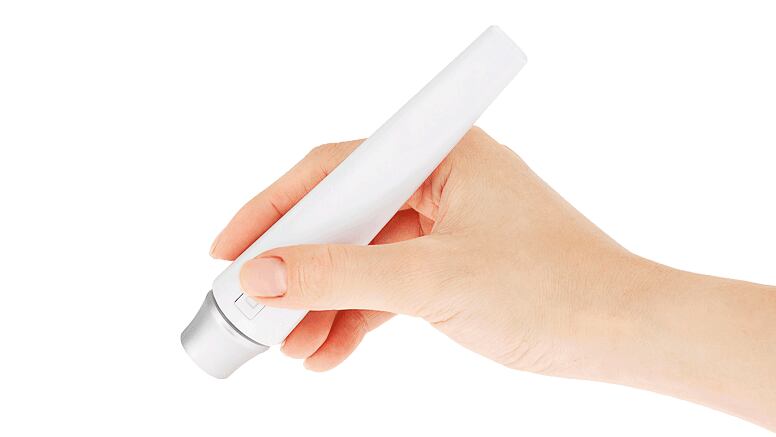The team, led by Associate Professor Josip Car from the Lee Kong Chian School of Medicin, assessed a total of 98 mobile applications – 67 in English, 22 in Chinese, and 9 in Spanish.
The apps were evaluated with international eczema guidelines from Singapore, the UK, the US, Argentina and China to assess educational information, eczema-specific tracking functions, and compliance with health information principles.
The study was first published in the British Journal of Dermatology.
Inconsistent information
The research found that none of the apps complied with all criteria for educational information, tracking functions or health information principles.
In addition to the 34% of apps that providing information that was not in agreement with international guidelines, 11% failed to reference key therapies such as the use of moisturisers and only 16% provided information on non-pharmacological therapies.
The survey also found that only 15% provided information supported by international guidelines on pharmacological.
Matthew Gass from the British Association of Dermatologists said: “It is important that researchers continue to test the accuracy and safety of health apps. There has been an enormous boom in the number of dermatology apps available to the public, and with this comes the risk that some will be inaccurate, and even unsafe.”
Upholding standards
Eczema, or atopic dermatitis, is a condition that causes itchiness and red rashes on skin. Currently, it is the top skin condition seen at the National Skin Centre in Singapore.
There is currently no cure for eczema and half the eczema patients in Singapore have to manage the condition throughout their lives with treatments such as topical creams or ointments.
Car acknowledged that the field of mobile health has great potential to lead to better patient care, especially in eczema care.
“Smartphone apps have emerged as a novel approach to support the self-management of conditions that require long-term care, such as eczema,” said Car.
However, this was provided app makers take the appropriate measures to improve the quality and standards of available management apps today.
Car said: “Our research shows that there is a large variance in the quality of eczema apps. While the assessed eczema self-management apps had shortcomings, certain apps did provide appropriate functions with accurate information and comprehensive tracking of eczema-related factors.”
Gass said that app developers should include the source of information in their apps and suggested they use existing resources, such as guidelines by the UK’s National Institute for Health and Care Excellence.
Car added: “Perhaps the most useful way to address this issue would be to publish a list of recommended apps to aid clinicians in suggesting the appropriate options for eczema patients and caregivers.”
“There is no doubt that apps will play a big role in the self-management of skin conditions, but we should have high standards for any health app,” concluded Gass.




